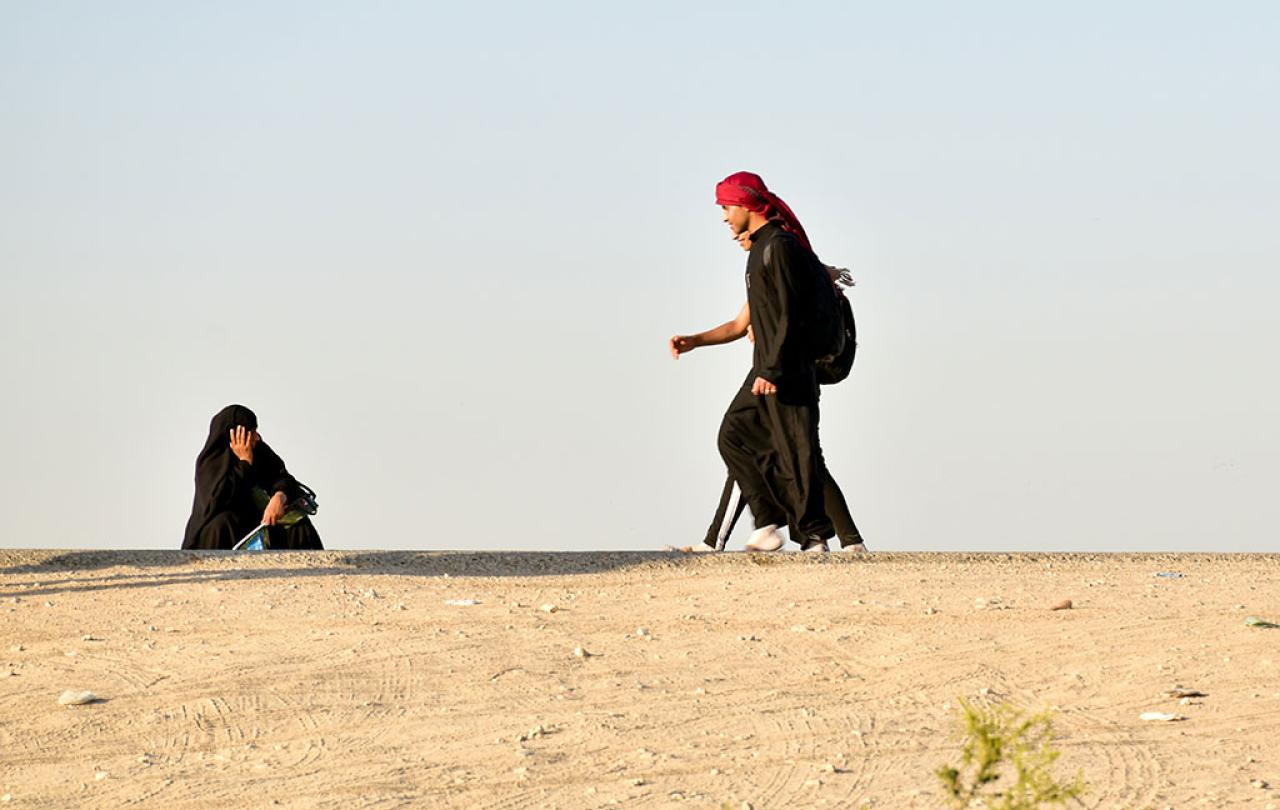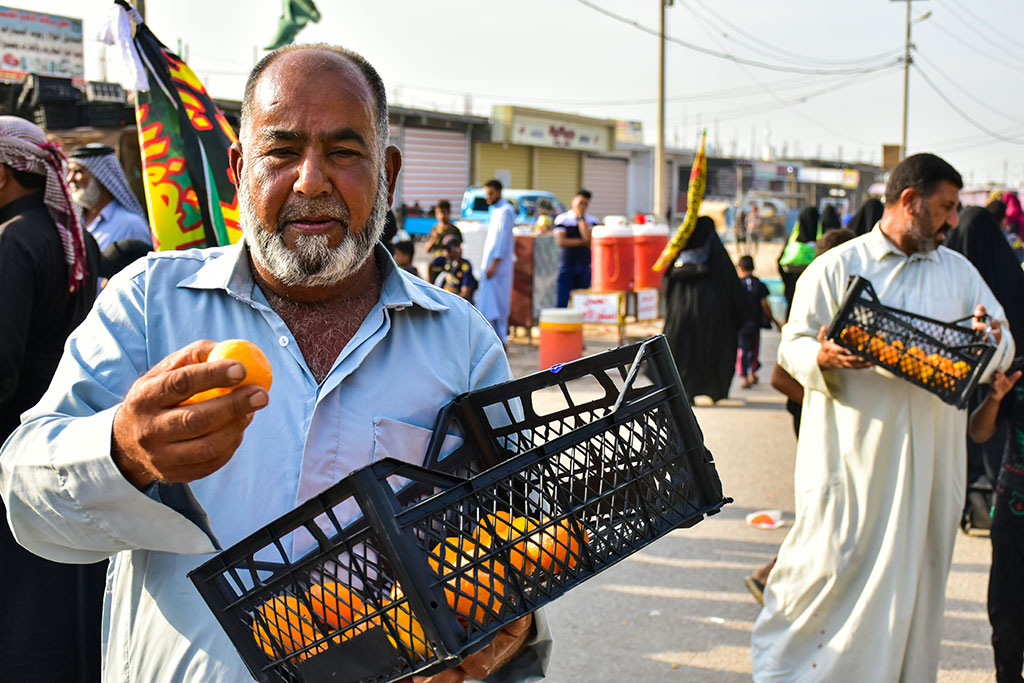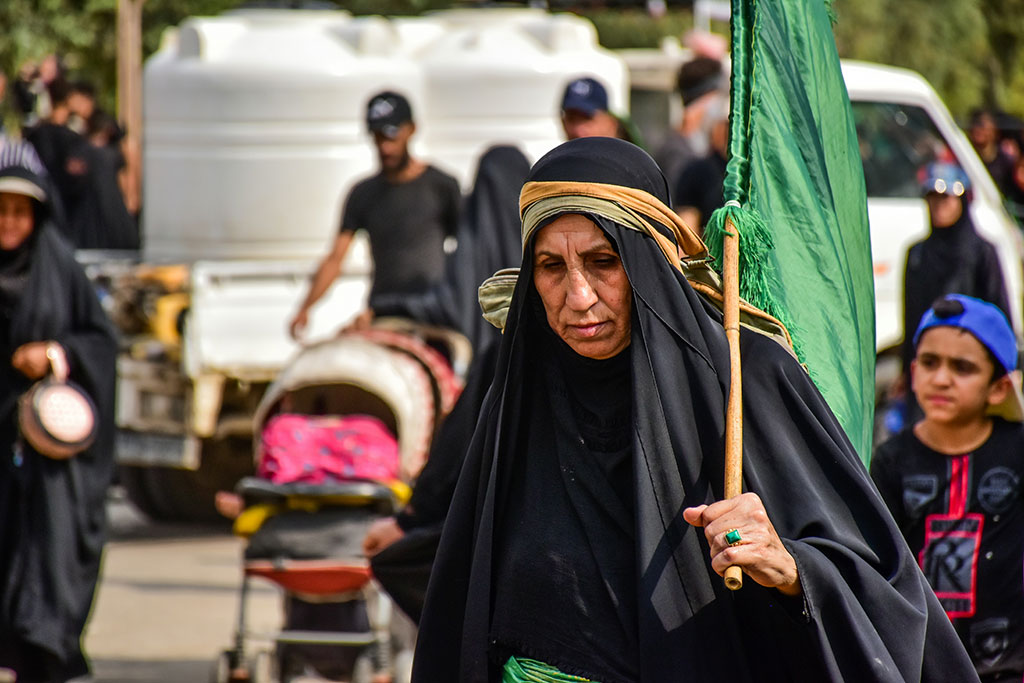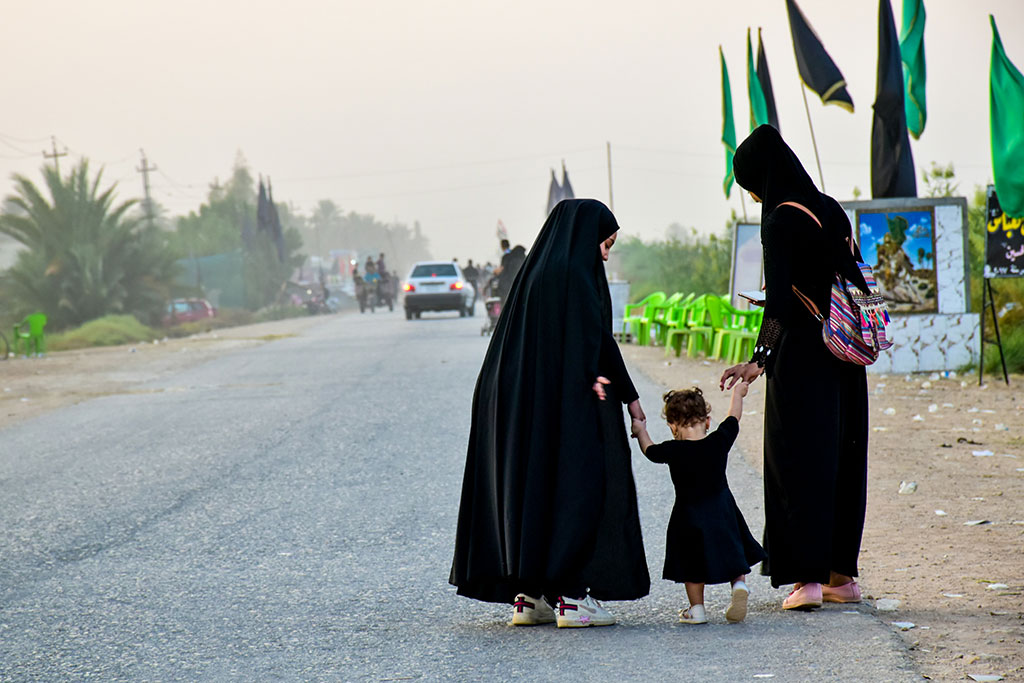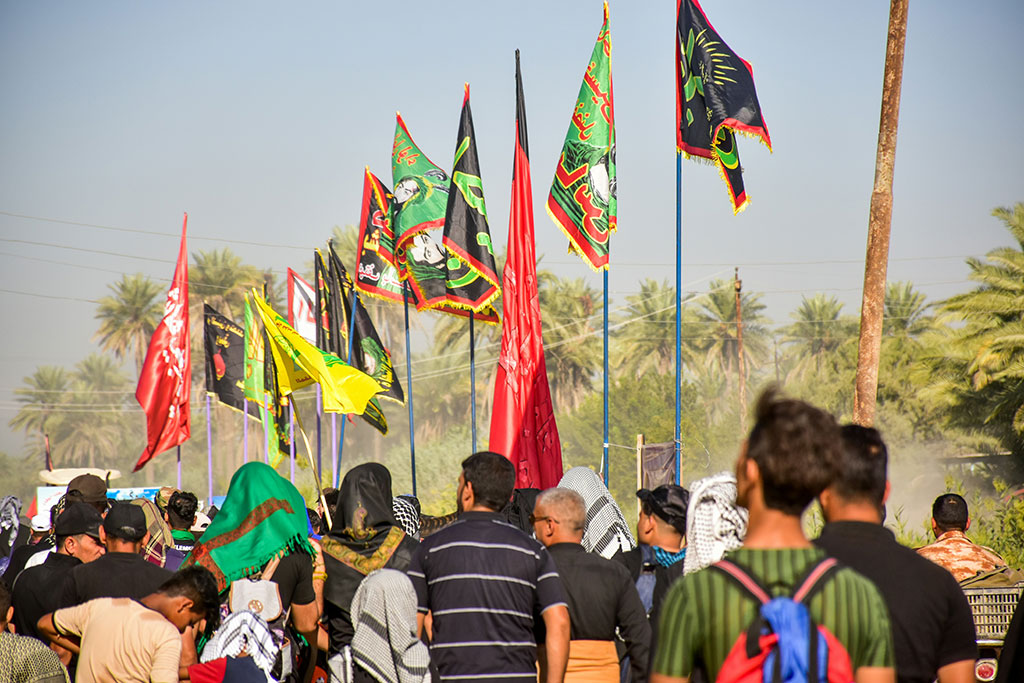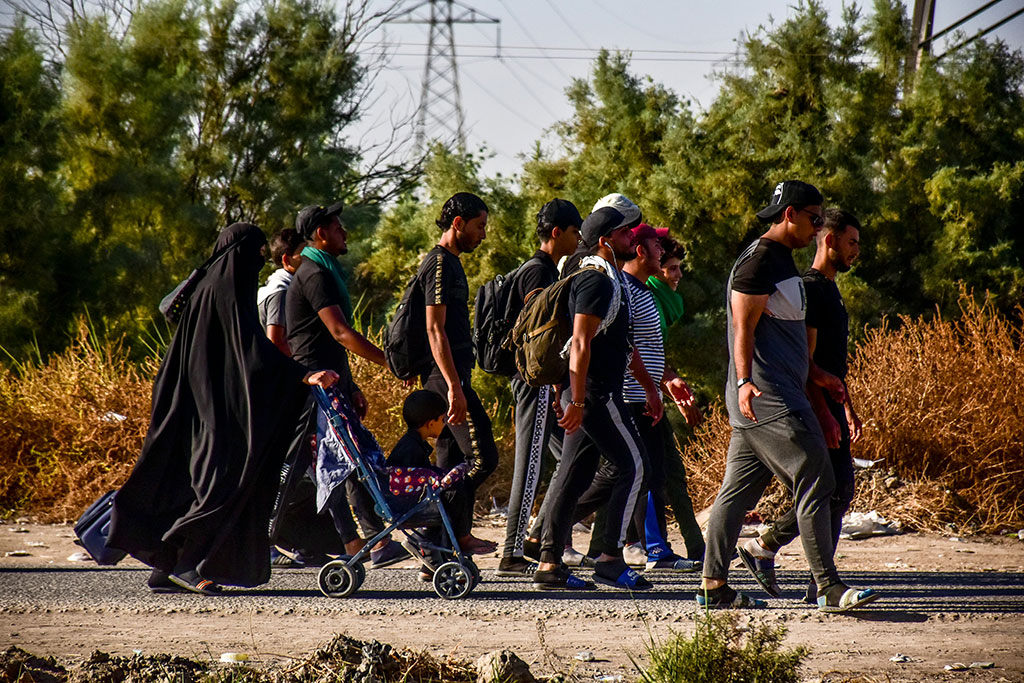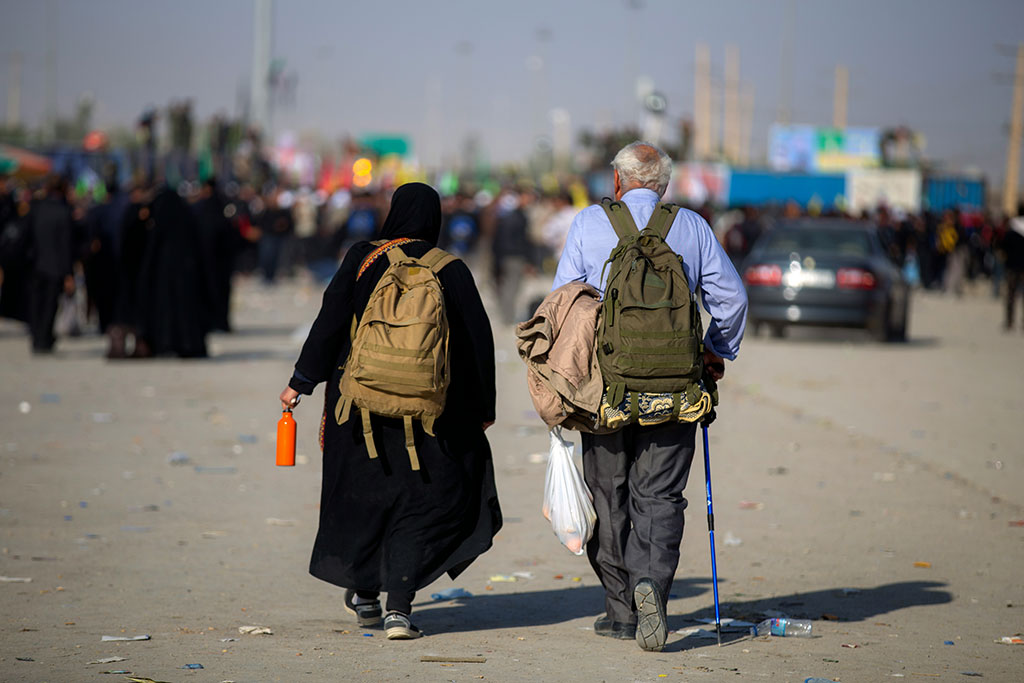
Christmas approaches! We are soon to begin the twelve-day marathon of celebrating the birth of Christ through food, drink, and…collapsing in front of the telly! It is a season of great joy and gladness, but also one of physical and mental exhaustion. To make it all a little easier I have finely combed through the Christmas edition of the Radio Times to present to you the one can’t miss televisual offering for each of the twelve days. Consider this my gift to all the readers of Seen & Unseen; hopefully a little more practical than a partridge in a pear tree.
On the first day of Christmas my telly gave to me…
Gavin & Stacey: The Finale
Christmas Day, BBC 1, 9pm
The first G&S Christmas Special is an annual tradition in my household. My wife and I are guaranteed to watch it at least once in the run-up to Christmas. It is an example of a truly perfect piece of television: masterfully combining the necessarily contrived and mawkish sentimentality of Christmas telly, and the absurdist/realist/deadpan comedy that endeared the series to so many. The comeback Christmas Special in 2019 was a let-down on the night (I had such high expectations) but has grown on me over the years: nowhere near as good as the original, too self-referential and mannered for its own good, but still darn-funny, and acting as a rather sweet meditation on aging and parenthood. Christmas Day is all about family – be it our own family, or the Holy Family of Bethlehem – so why not see the day out in the warm glow of the Shipman-West family.
On the second day of Christmas my telly gave to me…
Zulu
Boxing Day, Channel 4, 3.50pm
This one is personal for me. This is one of the first films I remember watching with my father, around the Christmas season. Glorious cinematography, a pacey plot, an electrifying final set-piece (which, 60 years later, is still more engaging than most of the bigger budget CGI shlock you can see today), a smattering of Welsh patriotism, and Michael Caine doing a posh accent. This is a classic for a reason: the remarkable story of the Battle of Rorke’s Drift combined with a searing and sympathetic exploration of the British class system, ending with a meditation on both the unifying and horrifying nature of war. If you’re suffering from over-indulgence on Boxing Day I can’t think of a better tonic.
On the third day of Christmas my telly gave to me…
Pitch Perfect
27 December, ITV 2, 9pm
The sequels very much delivered diminishing returns, but the original is such a wholesome piece of film-making. A celebration of music, growing-up, sisterhood and girl-power…it is feel-good fare from beginning to end. Anna Kendrick shines with raw singing-star-power, while Rebel Wilson provides just the right amount of comic relief. After the high of Christmas Day, and the slow come-down of Boxing Day, this film is like a warm bath of feel-good aca-enjoyment.
On the fourth day of Christmas my telly gave to me…
Maggie Smith at the BBC
28 December, BBC 2, 7pm
A celebration of the career of Maggie Smith on what would have been her 90th birthday. If that precis doesn’t hook you, then we can’t be friends.
On the fifth day of Christmas my telly gave to me…
The Fugitive
29 December, Channel 5, 4.35pm
I can’t think of many thrillers better than this. From the very first scene this film has you on the edge of your seat asking the most terrifying of existential questions…
WHY DOES HARRISON FORD HAVE A BEARD!?!?!?
The tension only ratchets up from there! Harrison Ford plays the character he was born to play: a slightly gruff man, down on his luck, full of ingenuity, trying to prove that he didn’t murder his wife. Tommy Lee-Jones is similarly expertly cast as the long-suffering law-man who doesn’t follow procedure…no, he feels the case in his bones! The film rips along as such a rollicking pace that you’ll feel like it’s just started by the time it has finished.
On the sixth day of Christmas my telly gave to me…
Rocketman
30 December, Channel 4, 9pm
The music of Elton John is indestructible.
On the seventh day of Christmas my telly gave to me…
Jools’ Annual Hootenanny
New Year’s Eve, BBC 2, 11.30pm
By now this is has become a cross between a National Treasure and a National Institution, and I cannot comprehend people who see the New Year in with anything else on their telly.
On the eighth day of Christmas my telly gave to me…
Airplane!
New Year’s Day, ITV 4, 9pm
This is the funniest film ever made. That is an indisputable fact, whether your metric is quantity or quality. The jokes come at a machine-gun rattle, and every single one hits their target! Absurdism, slapstick, wordplay, and the straight-face of Leslie Nielsen…THE FUNNIEST FILM EVER MADE!
On the ninth day of Christmas my telly gave to me…
Master & Commander: The Far Side of the World
2 January, BBC 2, 10pm
Russel Crowe deserved to have this film be the start of a worldwide phenomenal franchise; especially as Patrick O'Brian left us with twenty novels to work from. Crowe embodies Captain Jack Aubrey perfectly – oaken and noble and solid. Teaming him up with Paul Bettany for the second time is a masterstroke, as they bicker and play-off each other like old friends. There is action, emotion, intrigue, drama, and naval tactics. What isn’t to like?
On the tenth day of Christmas my telly gave to me…
The Silence of the Lambs
3 January, ITV 1, 10.45pm
Anthony Hopkins serves us up plenty of leftover Christmas ham with his performance. His Hannibal Lecter is intelligent, sophisticated…and essentially and pantomime villain. His Hannibal is hammy with a capital H! Please don’t misunderstand me, I enjoy the performance and the film, but it isn’t a patch on Brian Cox’s bone-chillingly subtle, understated performance in Manhunter. Anyway, this is a terrifying film in the best way possible. Putting Hopkins aside, the performances are all spot on: Jodie Foster gives us an ingénue who’s vulnerability is both a weakness and her greatest strength, and Ted Levine is indescribably creepy as serial-killer Buffalo Bill. After ten days of Christmas lulling you into a soporific stupor, this flick is the icy wake-up you need!
On the eleventh day of Christmas my telly gave to me…
The Graduate/Rain Man
4 January, BBC 4, 9pm/11.20pm
Early-career Dustin Hoffman or mid-career Dustin Hoffman: take your pick. The is no wrong answer.
On the twelfth day of Christmas my telly gave to me…
Aliens
5 January, ITV 4, 9pm
The rarest of creatures: a sequel which surpasses the original. Sigourney Weaver is iconic, and is the prototype for all future female action heroes. James Cameron takes Ridley Scott’s original claustrophobic horror masterpiece, and morphs it into a war-movie to rival ‘Saving Private Ryan’. It is a superb adrenaline-rush of a film. At the end of twelve days we can all echo Bill Paxton’s immortal words: Game over, man! Game over!
MERRY CHRISTMAS!
BONUS GIFT…
Carols from King’s
Christmas Eve, BBC 2, 6pm
One of the finest examples of Anglican liturgy, perfectly combining atmosphere, music, and scripture. I’ve written a little article explaining why the service of Nine Lessons and Carols is a treasure we must not lose.
Join with us - Behind the Seen
Seen & Unseen is free for everyone and is made possible through the generosity of our amazing community of supporters.
If you’re enjoying Seen & Unseen, would you consider making a gift towards our work?
Alongside other benefits (book discounts etc.), you’ll receive an extra fortnightly email from me sharing what I’m reading and my reflections on the ideas that are shaping our times.
Graham Tomlin
Editor-in-Chief
Find out more and sign up





